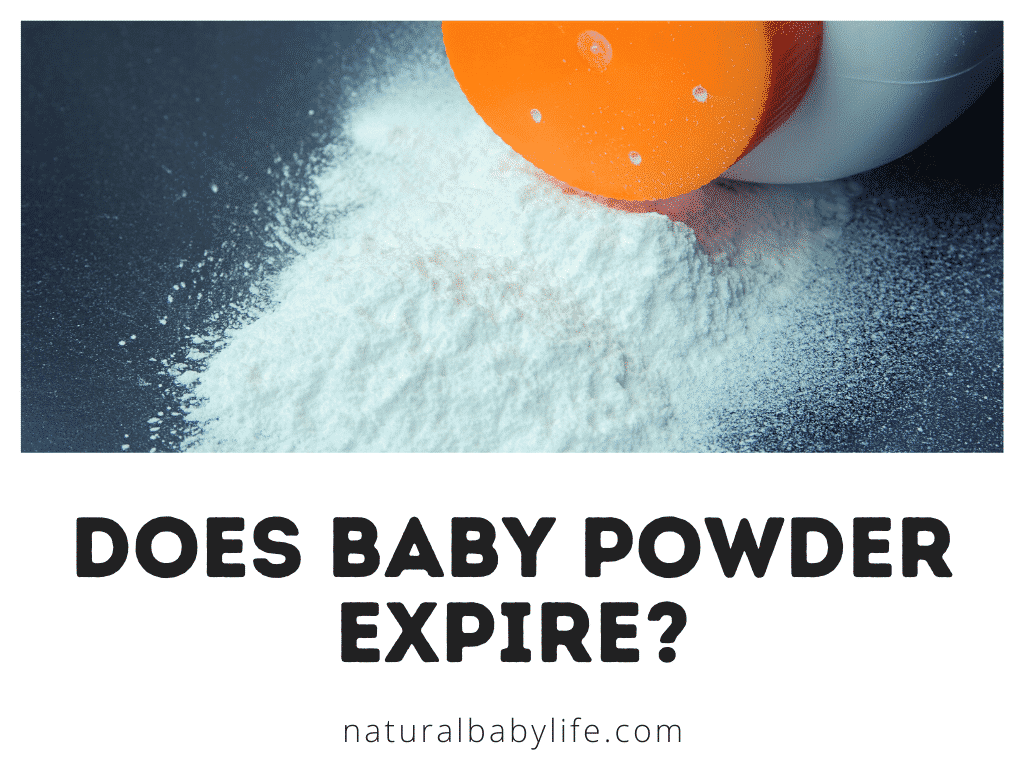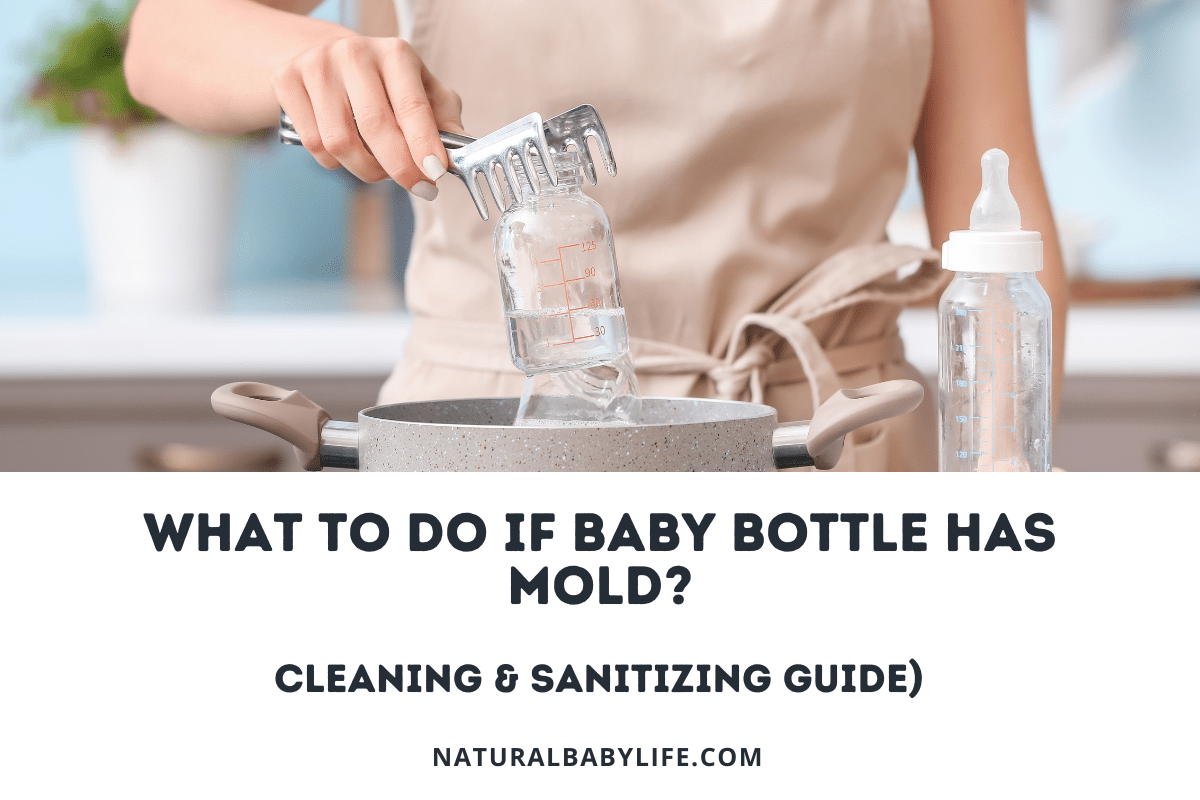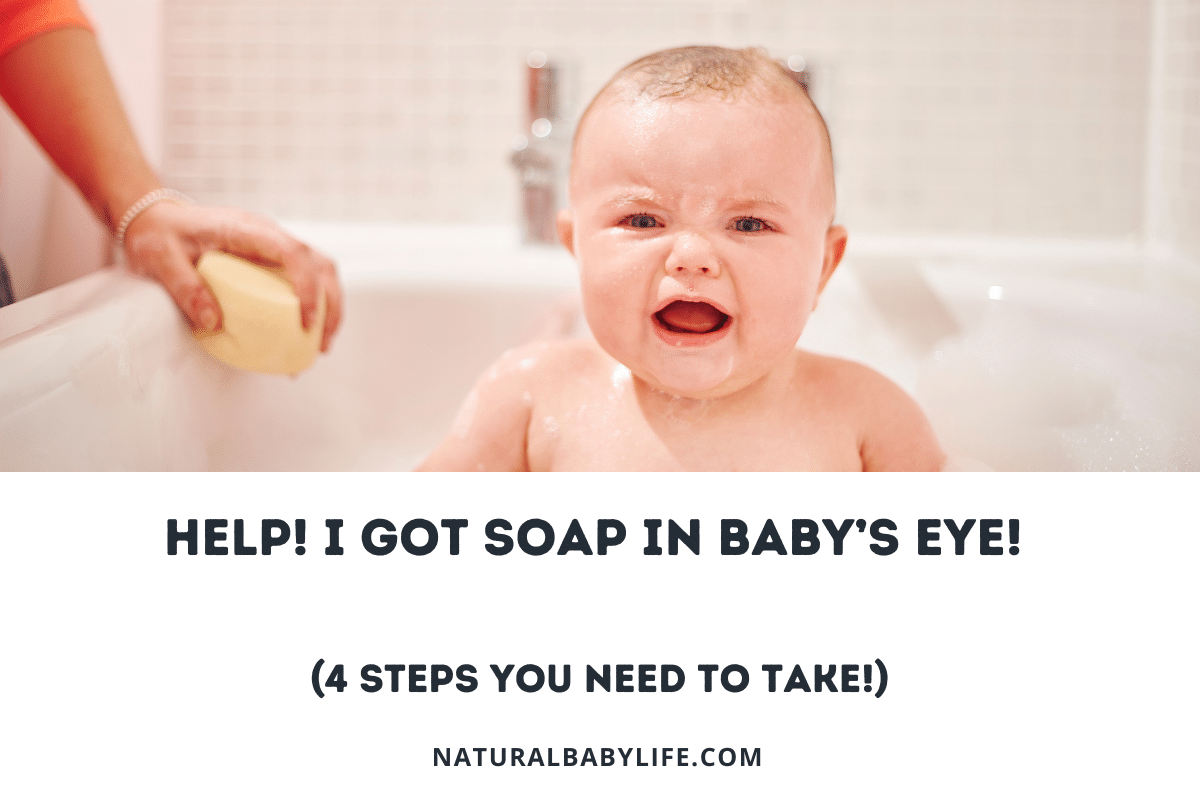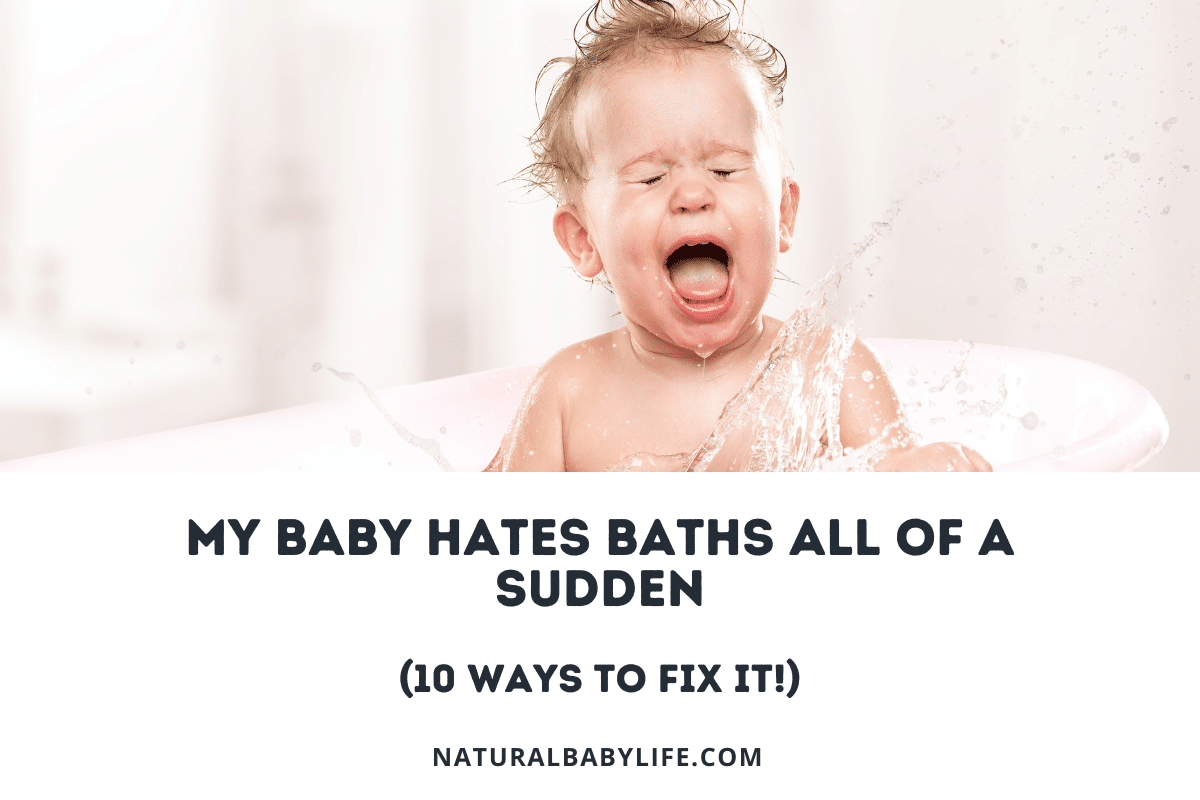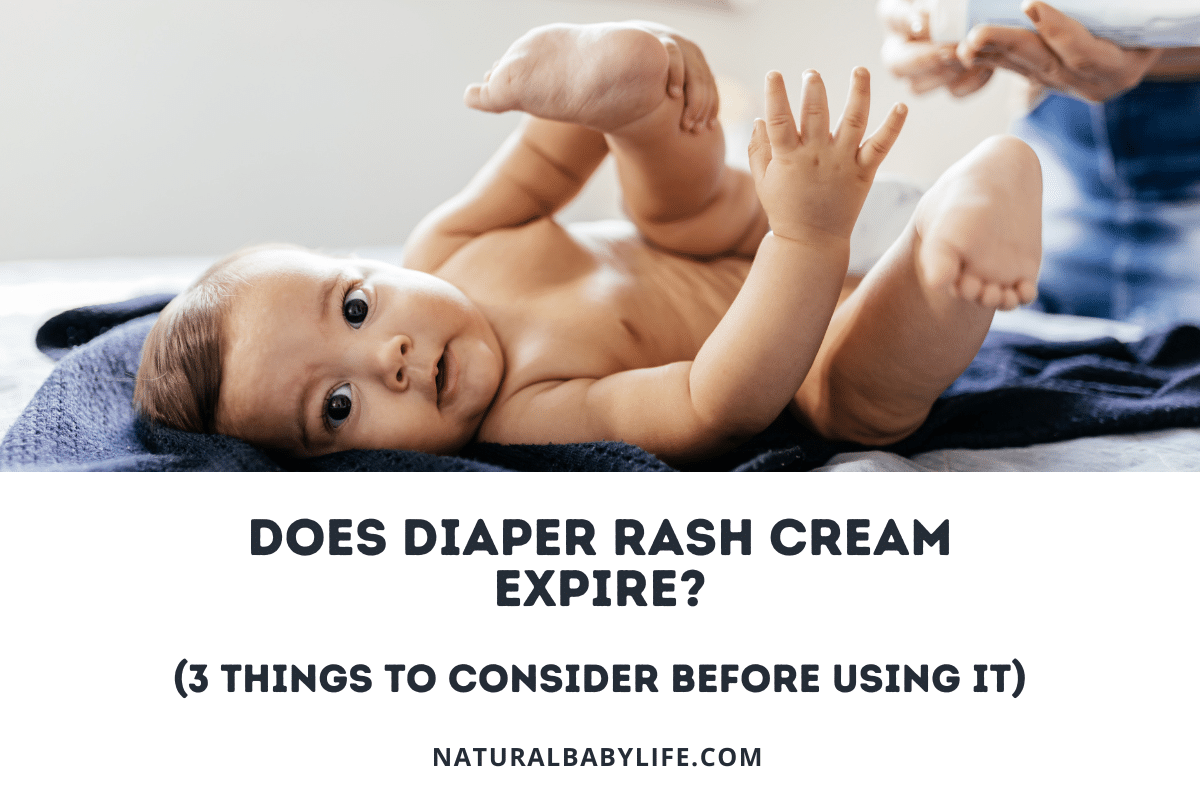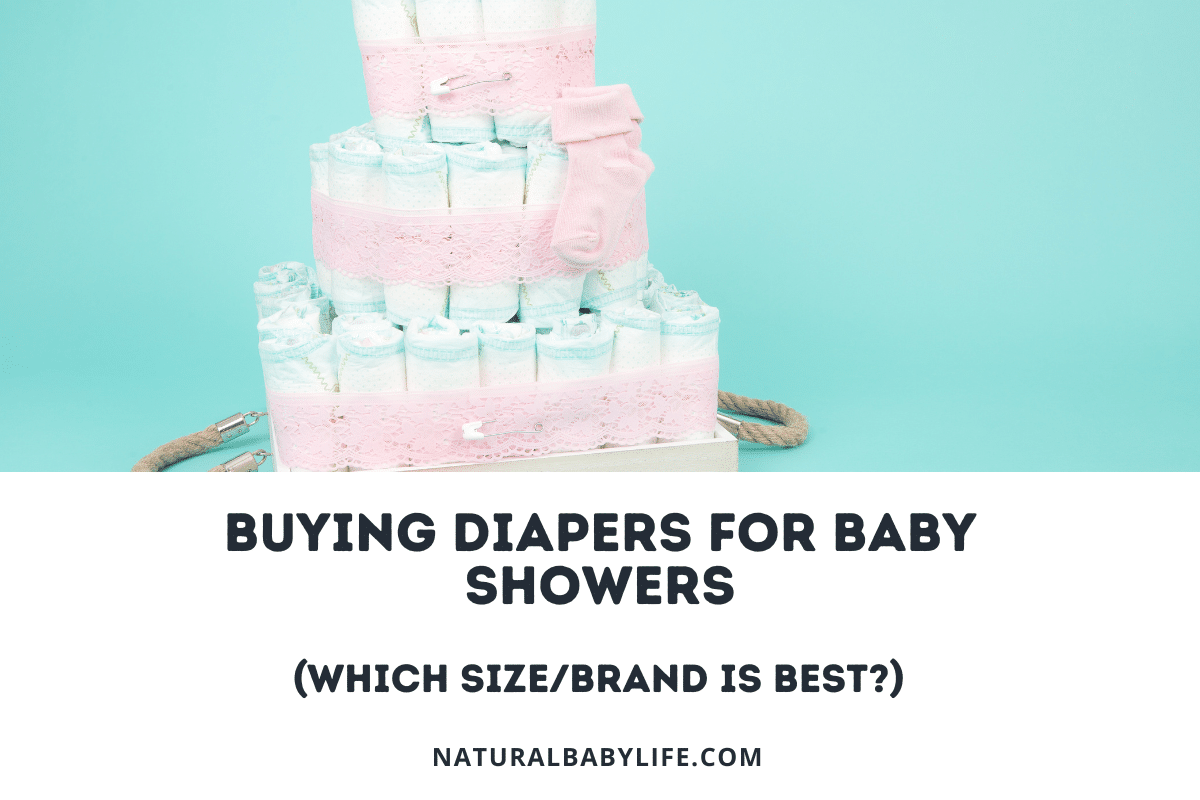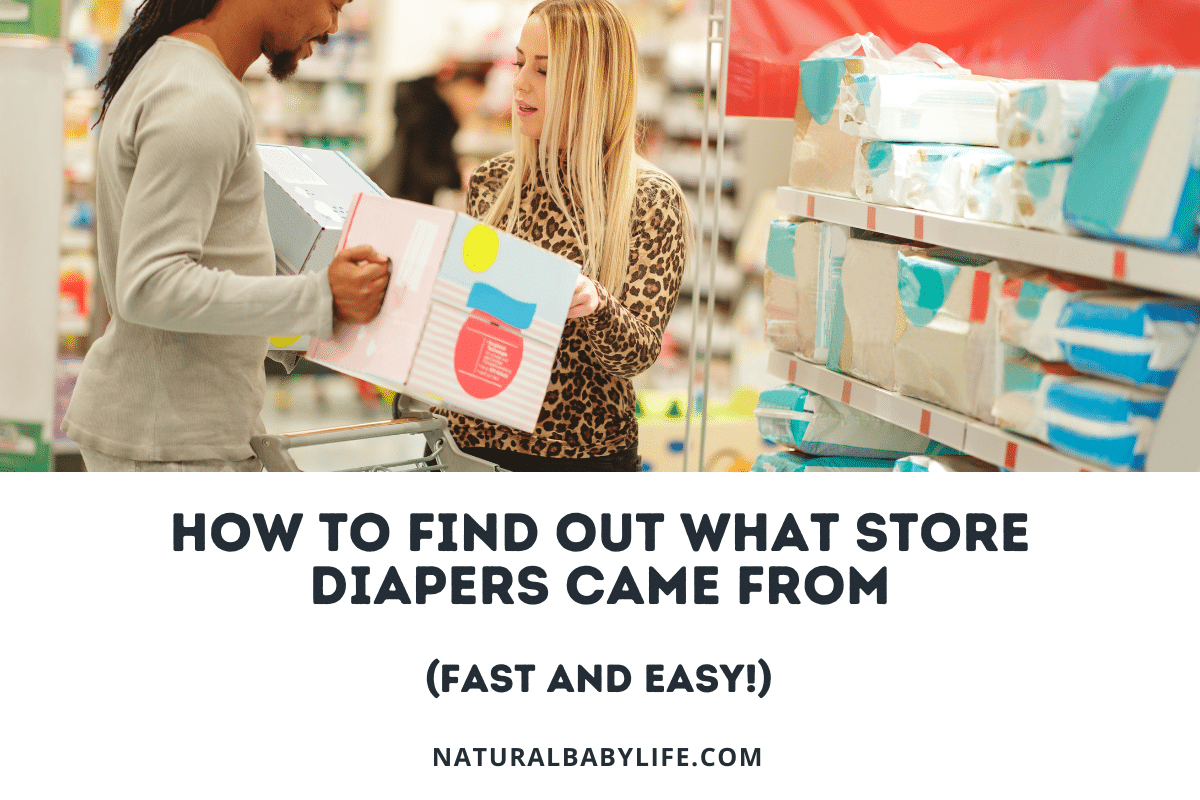Few parents use baby powder these days, but you might come across a random bottle in your pantry or be gifted some by a well-meaning relative. How old is too old? Does baby powder expire?
If your baby powder is exposed to moisture or has been open for more than 18 months, you should replace it. Unopened baby powder should be disposed of after 3 years.
Keep reading for the difference between talc- and cornstarch-based baby powders, and how long the baby powder is good for, both unopened and in use. I’ve also included a couple of tips on how to keep your open baby powder from going bad.
Table of Contents
Does baby powder expire or go bad?
In the United States, you’ll typically only find cornstarch-based baby powder. Elsewhere, you might also see talc-based baby powder.
Both are used to absorb moisture and reduce friction in your baby’s diaper and sensitive areas, but you are likely to see a variation in the shelf life and expiration dates between the two.
Talc is a naturally occurring mineral that is a common ingredient in cosmetics, deodorants, and some baby powders.
Because it is non-organic, talc itself does not have an expiration date, although it is common to find a three-year limit on talc-based products.
Cornstarch, as its name suggests, is derived from corn. If you do much cooking, you may recognize it as a thickening agent common in, among other things, casseroles and pies.
When kept properly stored, cornstarch does not go bad, but the package may include an expiration date.
With both products, the expiration date is more likely to be an indicator either of a brand’s internal standards or the potency of any other ingredients (scent, for example).
Is it safe to use baby powder?
No conversation without baby powder is complete without mentioning the recent Johnson & Johnson talc-based baby powder lawsuit and $9 billion settlement.
The TLDR for the saga is that many consumer groups allege and some studies indicate that talc-based baby powders applied to the genital area raise the risk of ovarian cancer.
The International Agency for Research on Cancer considers talc-based baby power possibly carcinogenic. Johnson & Johnson discontinued production of talc-based baby powders in the US in 2020.
Talc can be contaminated with asbestos, which is a known carcinogen because the two are found close together in the earth’s soil.
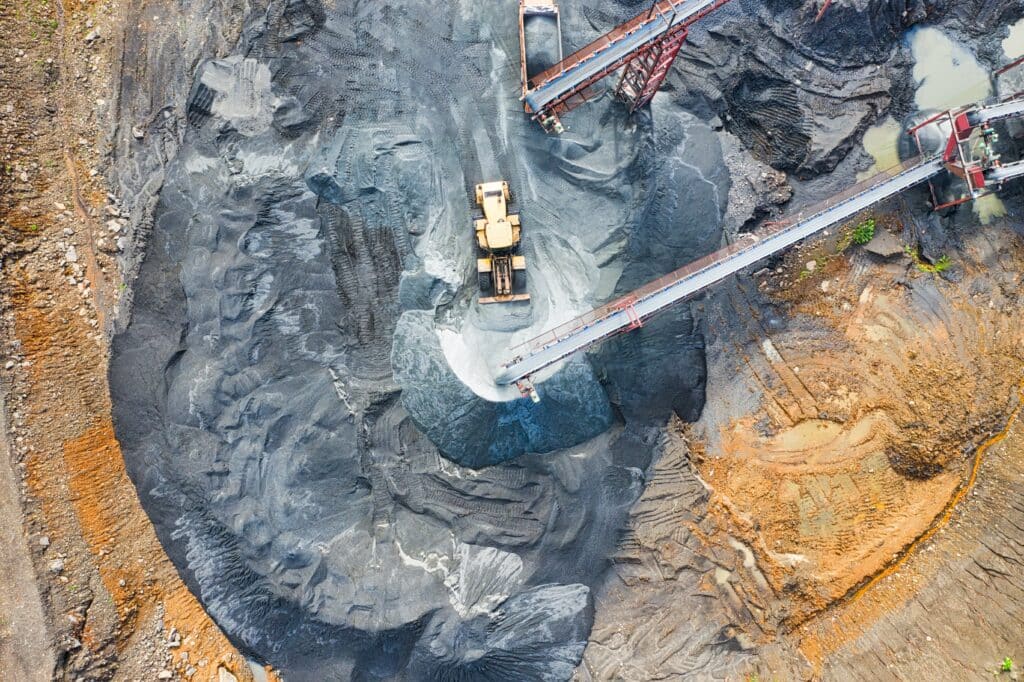
Cornstarch, which is used as a substitute for talc, comes with its own problems. Inhalation can irritate the lungs, especially for a small child.
The American Academy of Pediatrics warns against using talc-based baby powders and does not recommend using cornstarch-based powders due to the availability of comparable, safer substitutes like ointments and creams.
Is it OK to use expired baby powder?
Since both of the primary ingredients of baby powder are shelf-stable, it is likely that you can use your baby powder, even if it has expired – especially if it is a single-ingredient product.
After the expiration date, the biggest change that you will probably notice is that it will begin to lose its scent. If it has been exposed to the air, then it has also likely started to clump up due to the moisture.
It is important to keep in mind that some products will include other ingredients that may not last so well, but if the baby powder still smells right and has not developed any clumps, it is probably okay to use.
Does cornstarch baby powder expire?
The cornstarch that is used in baking and you probably have in your kitchen is very stable and likely does not have a printed expiration date on the tin. In fact, unopened cornstarch actually never goes bad!
That same ingredient is the primary absorbent element in many baby powders, including Johnson & Johnson’s Pure Cornstarch Baby Powder and Burt’s Bees Baby Dusting Powder.
Depending on the brand’s internal standards and any other ingredients in the powder, the expiration date, if there is one, may be up to three years from manufacture.
However, some sources claim that cornstarch-containing products should be replaced after 18 months of being opened.
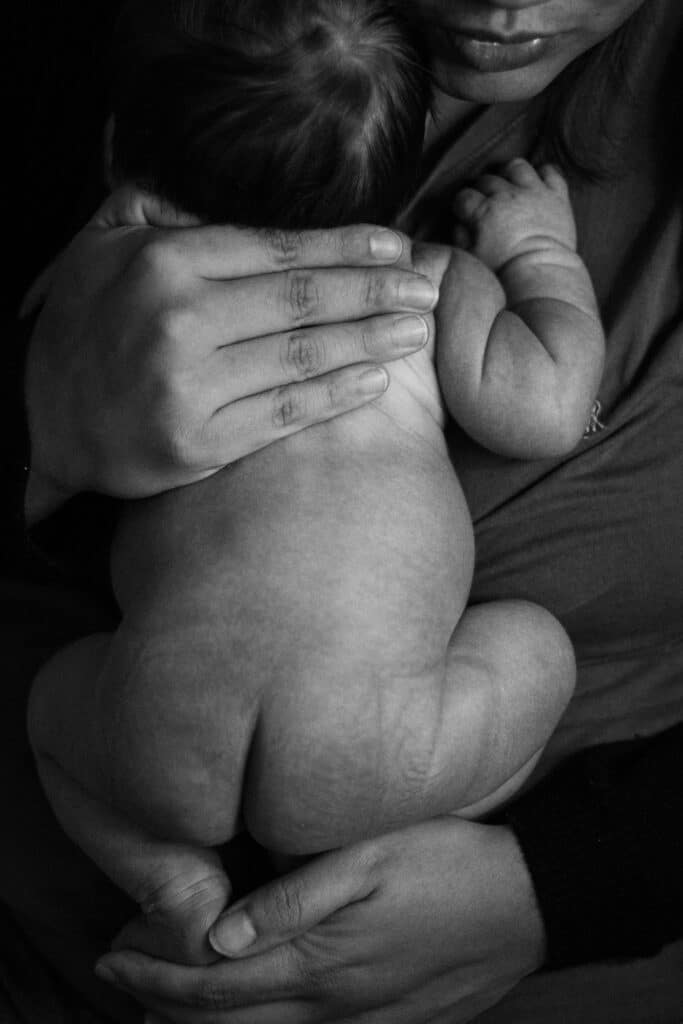
Does talc baby powder expire?
Talc, or talcum powder, is a soft mineral that is used in many types of cosmetics because of its moisture absorption and soft, smooth feel.
Depending on the brand’s internal standards and any other ingredients in the powder, the expiration date, if there is one, may be up to three years from manufacture.
The American Academy of Pediatrics strongly recommends against the use of talc-based baby powders.
Besides the exposure to possible carcinogens, talc is a much finer particle than cornstarch. As a result, it is much more likely to irritate a baby’s lungs.
Since 1981, the AAP has been warning against talc pneumoconiosis, a lung condition created by breathing in talc particles.
Does Johnson & Johnson’s baby powder expire?
Johnson & Johnson’s classic baby powder includes an expiration date on the package. Its website recommends that products be replaced after a year for “the best experience.”
Johnson & Johnson also has specialty baby powders with additional ingredients, like lavender.
Despite the shelf stability of cornstarch, each of these powders will have an expiration date printed on the package, primarily because of the additional ingredients.
Does Burt’s Bees Dusting Powder expire?
Burt’s Bees Baby Dusting Powder is a cornstarch-based powder and does not include an expiration date on the product, although it does have a production date.
The dusting powder is considered a cosmetic product, and, according to the Burt’s Bees website, it will be good for three years from the date of manufacture.
After it has been opened, the powder should be replaced after one year.
How to properly store baby powder
No matter which type of baby powder you choose, all types should be stored in the same basic way.
When not in use, the baby powder bottle should be closed tightly and stored in a cool, dry place to keep moisture from getting in and causing the powder to clump.
If moisture gets trapped in the powder, it could lead to the growth of bacteria so you should dispose of any baby powder that has started to clump.
Although it may be tempting to keep your baby powder in the bathroom, that is probably the worst place possible since it will be both warm and damp.
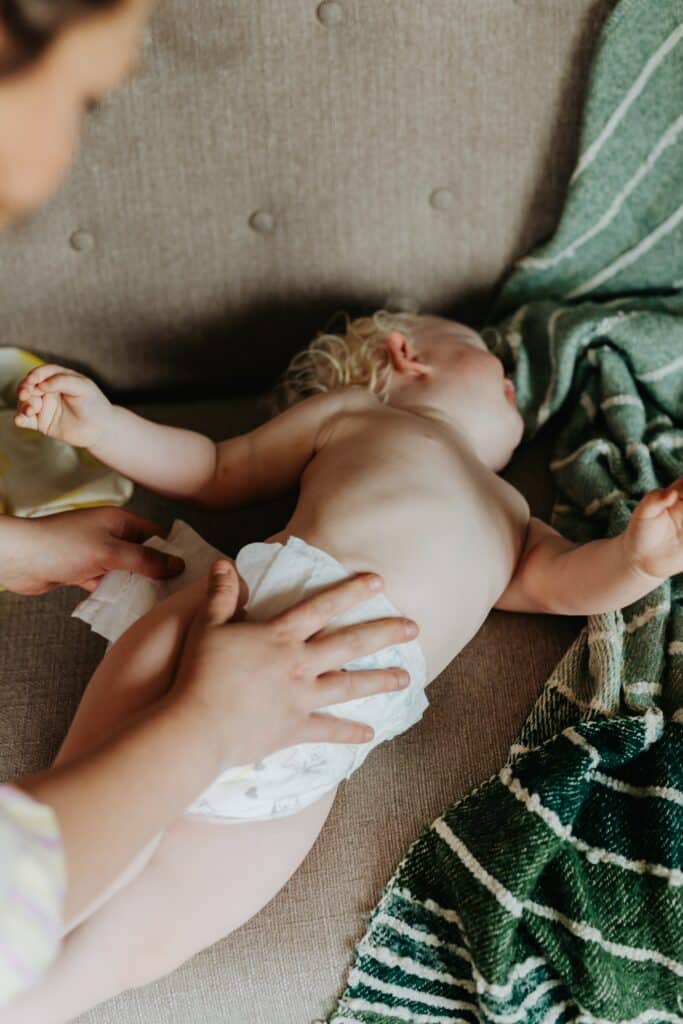
A better option is to store the open baby powder along with your diapers and other similar items at your baby changing station.
Unopened baby powder is less susceptible because the seal is unbroken and can be stored in a bathroom cabinet (or pretty much anywhere else it will be out of the way and not actually get wet).
Alternatives to baby powder
Baby powder is declining in popularity because there are so many good options to choose from, like ointments and creams.
Rather than simply absorbing moisture, like baby powder, these newer products act as a barrier to keep the skin dry and to heal it.
For some great diaper cream and ointment options, check out my 2023 Buyer’s Guide.
Conclusion
Baby powder has a long shelf-life because of its stable ingredients, but keep it stored in a dry place to maximize its usefulness.
Before reaching for an old bottle of baby powder, double-check that it relies on cornstarch instead of talc for moisture control.

